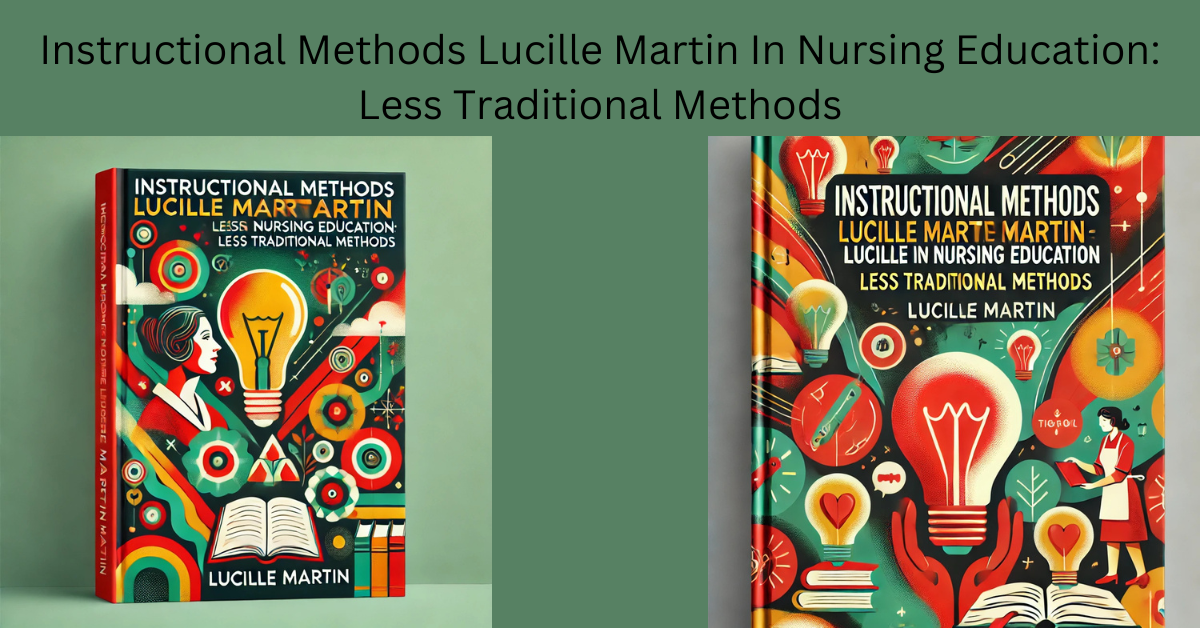Challenges Facing Nursing Education in the Advanced Healthcare Environment
What are Challenges Facing Nursing Education in the Advanced Healthcare Environment in healthcare settings and education. The Challenges Facing Nursing Education in the Advanced Healthcare Environment Nursing Education in the Advanced Healthcare Environment is the aspect of healthcare is hurriedly develop due to advancements in technology, changes in patient demographics, and the increasing complexity of … Read more









